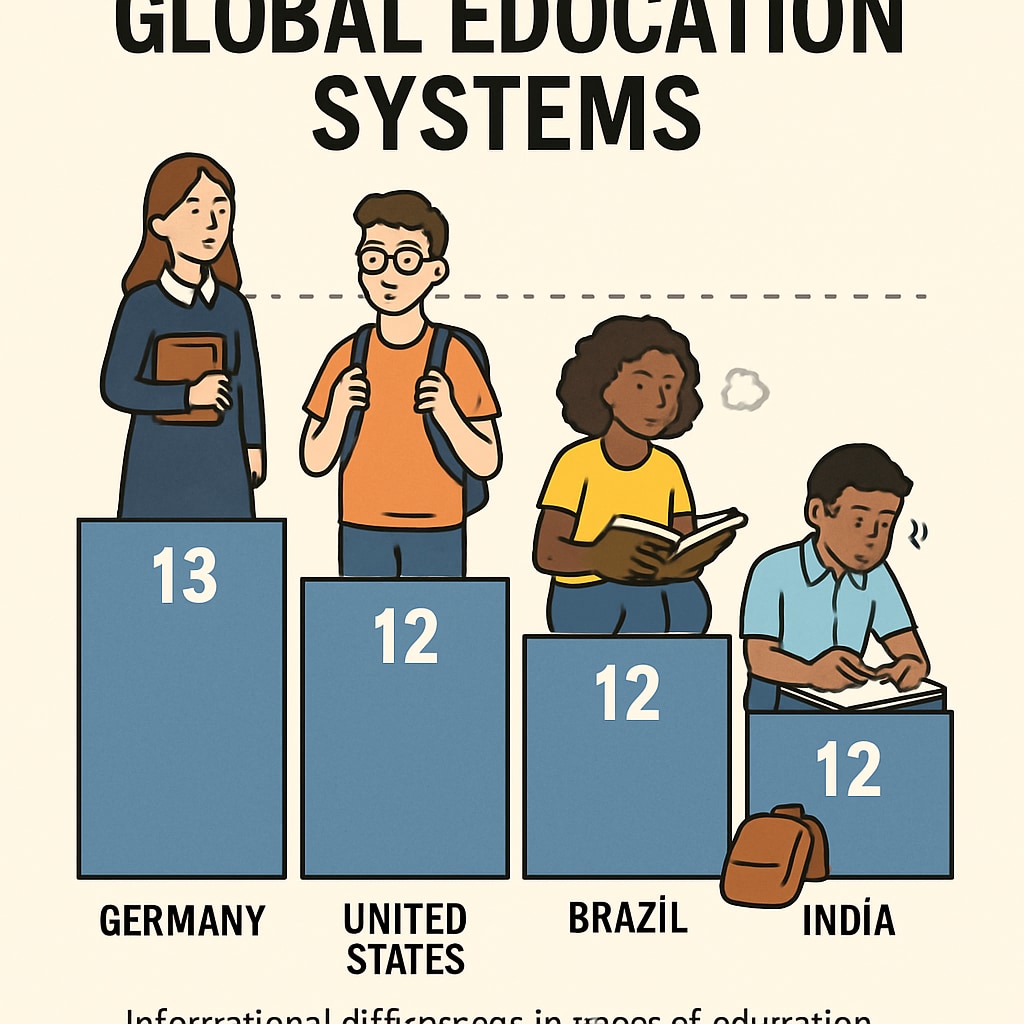Education system differences, such as mismatched durations, have emerged as a significant obstacle for students pursuing higher education in the European Union (EU). These disparities often create unforeseen challenges for international students, limiting access to opportunities despite their academic potential. Addressing this issue is crucial to fostering a more inclusive global education landscape.
How Varied Education Durations Affect EU University Admissions
One of the most persistent challenges stems from mismatched education durations between countries. For example, students from countries with shorter secondary education programs may not meet the minimum requirements set by EU universities. This discrepancy often results in additional preparatory courses, delays, or outright rejection, despite the student’s qualifications and determination.
Moreover, different grading systems and curriculum structures further complicate the evaluation process. Universities may struggle to fairly assess applicants whose educational backgrounds do not neatly align with the standards established within the EU.

Inclusive Solutions for International Education Standards
To address these disparities, several strategies can be implemented:
- Standardized Evaluation Framework: Developing an international system to assess and compare educational qualifications would help universities better understand diverse applicant profiles.
- Bridge Programs: Providing specialized preparatory programs for students from countries with shorter education systems can ease their transition into EU universities.
- Enhanced Collaboration: Strengthening partnerships between EU universities and institutions abroad can lead to mutual recognition of qualifications and better alignment of curricula.
Such initiatives not only benefit students but also enrich the academic diversity within EU universities, creating a more global academic community.

Why This Matters for Global Academic Equity
Education is one of the most powerful tools for social mobility and personal growth. However, when systemic barriers—such as mismatched education durations—hinder access to opportunities, talented individuals are left behind. Addressing these challenges is essential not only for the EU but also for the global education community.
As a result, initiatives like standardized frameworks and bridge programs represent more than institutional reforms; they symbolize a commitment to equity and inclusion. Universities must take proactive steps to embrace diversity and adapt to the realities of an interconnected world.
In conclusion: The disparities in education systems are not insurmountable. By implementing inclusive policies and fostering collaboration, the EU can lead the way in creating a truly accessible and equitable higher education system for students worldwide.


